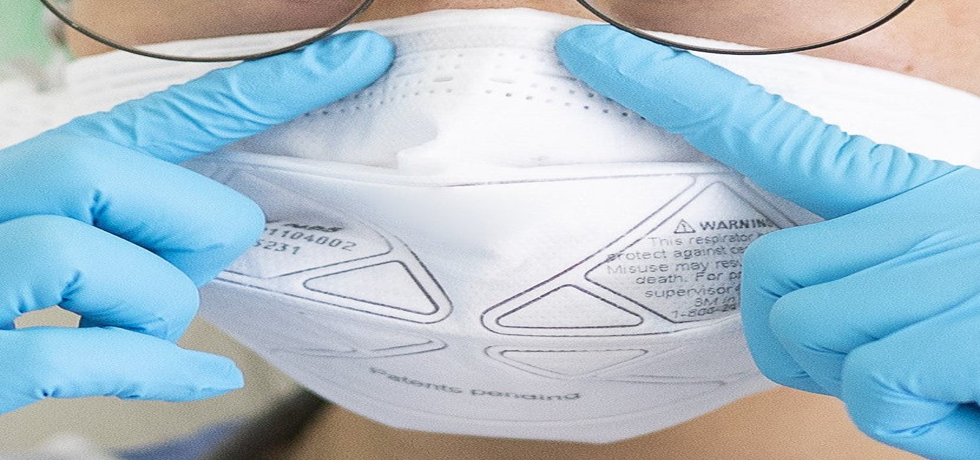
Unmasking Face Mask Allergies
Understanding the Rise of Face Mask Allergies
How Face Masks Can Cause Allergies
Face masks can contain various materials and chemicals that trigger allergic reactions. Medical masks, including surgical and N95 varieties, may contain substances like formaldehyde or other synthetic components that can irritate sensitive skin. Moreover, even reusable fabric masks can pose risks, especially if washed with heavily fragranced detergents. Allergic reactions can manifest in various ways, making it imperative to identify which component of the mask may be causing the issue.
Identifying Symptoms of Face Mask Allergies
Symptoms of a face mask allergy usually include redness, itching, and a rash due to a condition known as eczematous allergic contact dermatitis. If you experience hives or any respiratory symptoms, it’s essential to take note and seek medical advice, as these can indicate more serious allergies. It’s crucial to differentiate between a mere irritation and a genuine allergic reaction to manage it adequately.
Reusable Masks and Their Allergic Reactions
Homemade or reusable fabric masks may introduce their own set of allergens, such as residues from laundry detergents or fabric softeners. Many find that these residues, often from scented products, can lead to skin irritation. Additionally, various dyes used in fabrics can also trigger allergic responses. If you’re experiencing issues related to reusable masks, consider the materials you are usingnatural fabrics like cotton are generally gentler on the skin.
Preventing Allergic Reactions to Face Masks
While it’s impossible to eliminate all potential allergens, you can take proactive steps to minimize reactions. Choosing simple, natural materials for masks, such as cotton without chemical treatments, is advised. If you opt for fabric masks, make sure to wash them in a fragrance-free detergent and rinse thoroughly to avoid residue. Proper cleaning techniques can safeguard your skin from unwanted irritation and allergies.
Healing Your Skin After an Allergy
If you’ve experienced an allergic reaction, the first step is to avoid the allergens causing the issue. Maintain a gentle skincare routine, incorporating mild cleansing options that are safe for sensitive skin. Refrain from using layered skincare products, as complexity can exacerbate reactions. Invest time in nurturing your skin with simple, effective solutions to foster healing.

